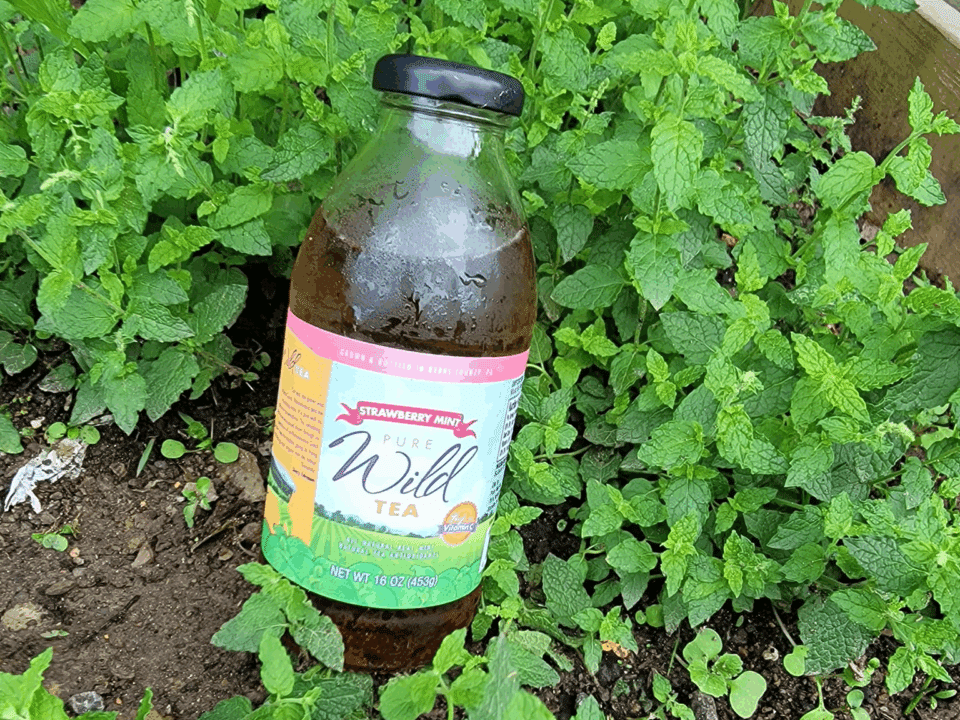Our senior neighbors are some of the most vulnerable among us. Food insecurity and social isolation can stem from limited incomes, health challenges and mobility issues in later years. Pennsylvania’s charitable food network mobilizes daily to reach our senior community and help ensure that they are fed and healthy. However, the proposed federal “skinny budget” could eliminate programs providing food to seniors across the country.
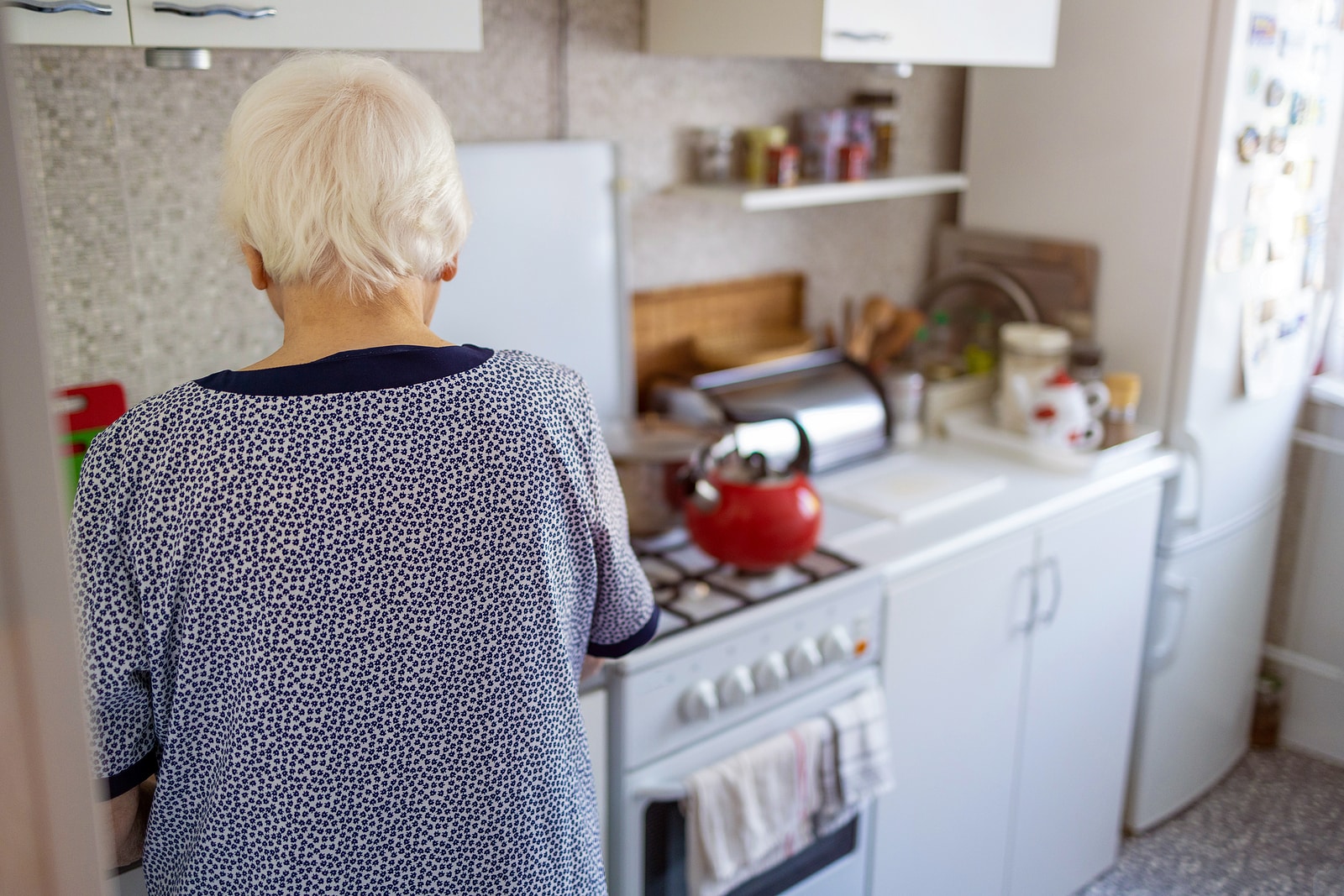
The Older Americans Act (OAA), Title III-C supports seniors through home delivery meals deployed by organizations like Meals on Wheels and congregate meals offering food and critical socialization at 500+ senior centers across Pennsylvania. As stated on the Meals on Wheels Pennsylvania website: “The primary qualifier is an individual’s inability to prepare a nutritious meal for themselves. Our clients include homebound, needy and disabled individuals who are challenged to the point that meal preparation is difficult or impossible. Our volunteers help monitor the health of our clients and our program and staff volunteers maintain contact with our clients and report concerns about their welfare to appropriate individuals designated by the participant.” Through OAA funding, over 40,000 senior Pennsylvanians receive home-delivered meals and over 37,000 senior Pennsylvanians participate in congregate meals.
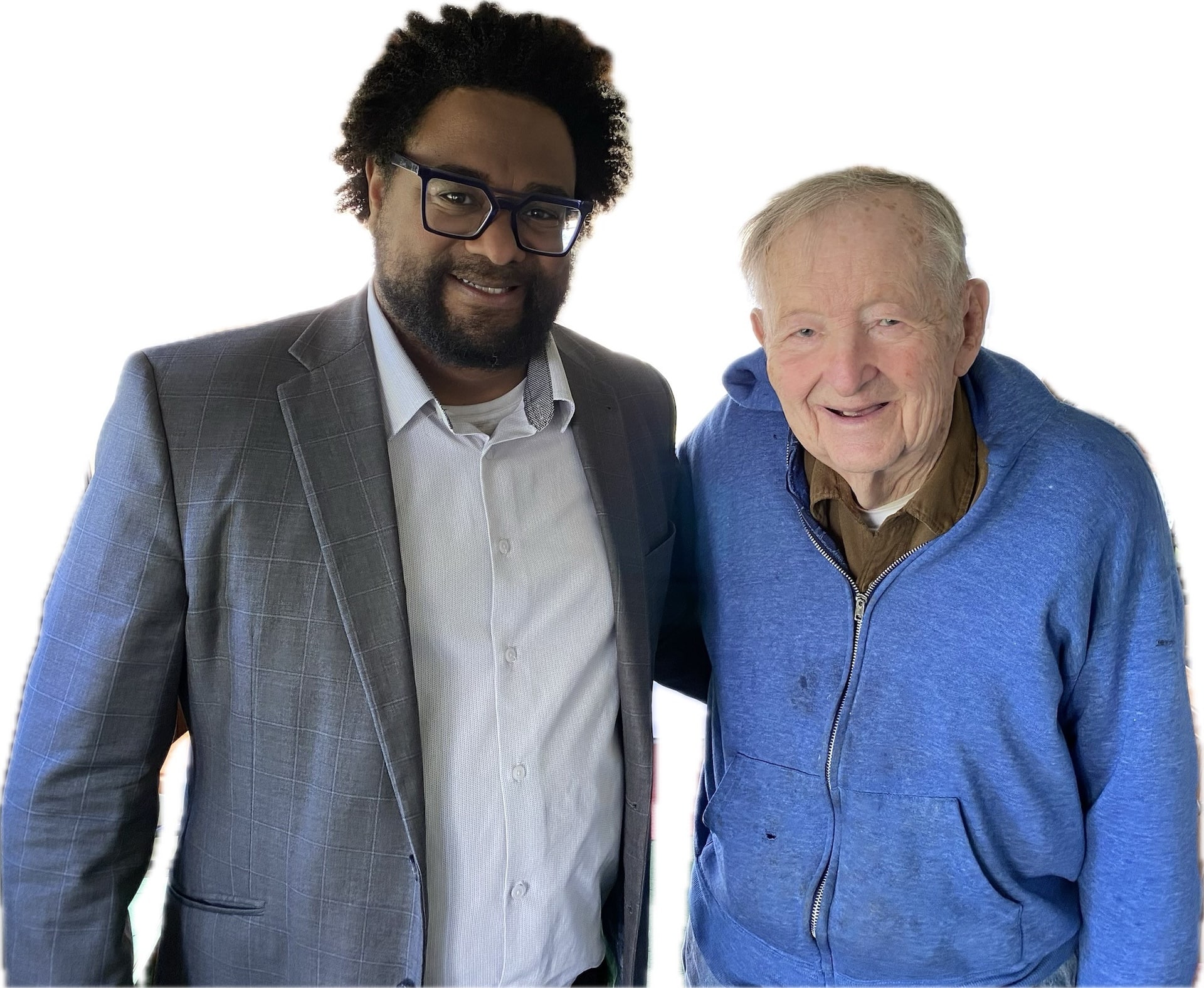
Alliance for Health Equity CEO Kevin Ressler and Meals On Wheels client Ted Stetler
Additionally, the Commodity Supplemental Food Program (CSFP) provides food boxes to 38,000 low-income seniors every month in all 67 Pennsylvania counties who make less than $23,000 per year. These boxes contain nutrient rich USDA staples like milk, canned meats, beans, cereal, pasta and vegetables and are distributed by 16 food banks in partnership with Hunger-Free Pennsylvania.
In the proposed 2026 federal budget, currently under review, funding in both of these areas would be dramatically changed, deeply cut or eliminated. The senior food boxes would be replaced by “MAHA” (Make America Healthy Again) boxes that would bypass the existing infrastructure and food banks altogether, discarding a proven system of complex logistics that’s operated since the 1970s. The MAHA boxes apparently aim to replace shelf stable ingredients with fresh produce, a plan that might have surface appeal but does not seem to account for the real-world needs and cooking capacities of the population it serves. Familiar, accessible and less perishable ingredients are far less prohibitive and demanding of know-how, equipment and cold storage space than whole squash or pounds of spinach, for example. Transparency around the proposed MAHA plan is generally low and details about how the plan could possibly match the reach and efficiency of CSFP are scarce or non-existent.

Meals on Wheels Chester County clients Roger and Angela McGhee, volunteer Donna Schneider and State Representative Chris Pielli
The Philadelphia Corporation for Aging (PCA) has provided over 43 million nutritious meals to older Pennsylvanians over the past 50 years through home-delivered and community based meal programs. All of PCA’s meals, funded in part through OAA, are designed by a registered dietician to meet Dietary Guidelines for Americans, one-third of the Recommended Dietary Allowance for older adults and are moderately low in fat and sodium. Amy Goldstein, MPH, RD, LDN and Nutrition Manager at PCA comments on the programs’ value:
The congregate meal program is more than a meal—it’s a source of vital socialization and connection for older adults in Philadelphia. Sharing meals at senior centers throughout the week ensures access to nutritious foods designed specifically to meet the dietary needs of this population.
Our home-delivered meal program plays a crucial role in reaching high-risk older adults with balanced, nutritious meals. PCA’s Choice Meals initiative, in particular, allows individuals to select their meals based on personal preference and health needs, supporting independence and well-being.
Similarly, the Meals on Wheels delivery program supports the holistic health of its recipients. At West Chester’s May Day rally, Patrice Stilley, Communications Coordinator of Meals on Wheels Chester County, said, “Meals on Wheels is so much more than a meal. It’s a daily wellness check, a friendly face and a promise that our elders are not and will not be forgotten. These are the people who have built our roads, taught our children, fought for our country and are the foundation of our communities.”
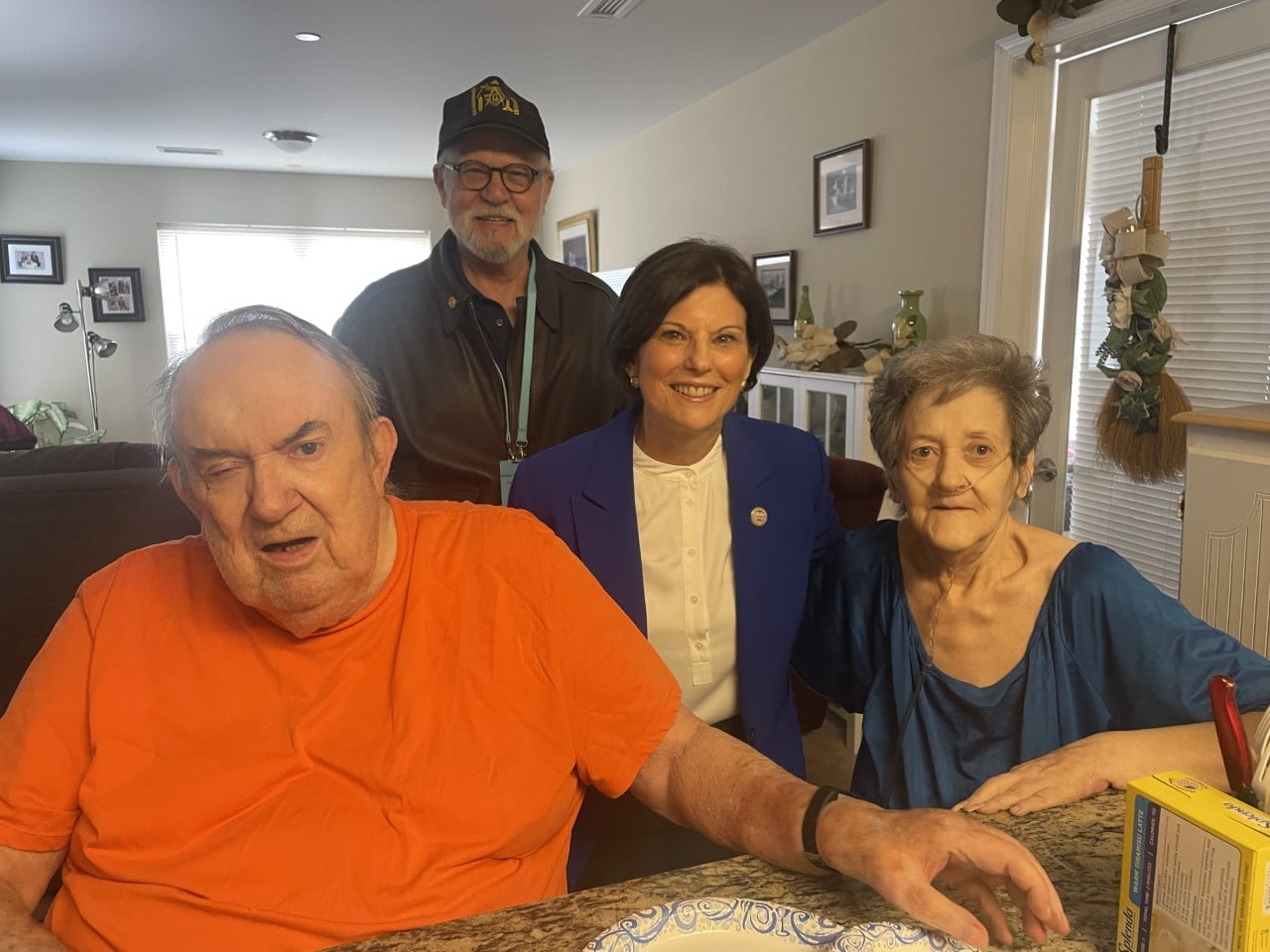
Meals on Wheels client William Jones, volunteer and Board member Alan Czako, Commissioner Marian Moskowitz and Mrs. Mary Jones
The proposed funding cuts, in conjunction with proposed cuts to Medicaid and SNAP, would greatly impede programs that face increasing demand, while directly impacting a growing senior population during a time of inflation. “With fewer resources, we could face challenges like extended waitlists and reduced service capacity,” says Goldstein. “Many older adults would be forced to make painful choices between food, rent, medication and other basic needs. No one should have to choose between hunger and health.”
Healthy individuals create healthy communities. As Stilley points out, “Cutting funding to food programs doesn’t affect just the most vulnerable. It costs all of us more in the long run. Hunger leads to worse health outcomes, increased hospital visits, missed school and work days, isolation, fear and deeper cycles of poverty… The cost prevention of programs like Meals On Wheels is far lower than the cost of neglect. Fully funding food programs isn’t generosity. It’s justice and empathy. It’s the bare minimum of how a decent society cares for its people.”
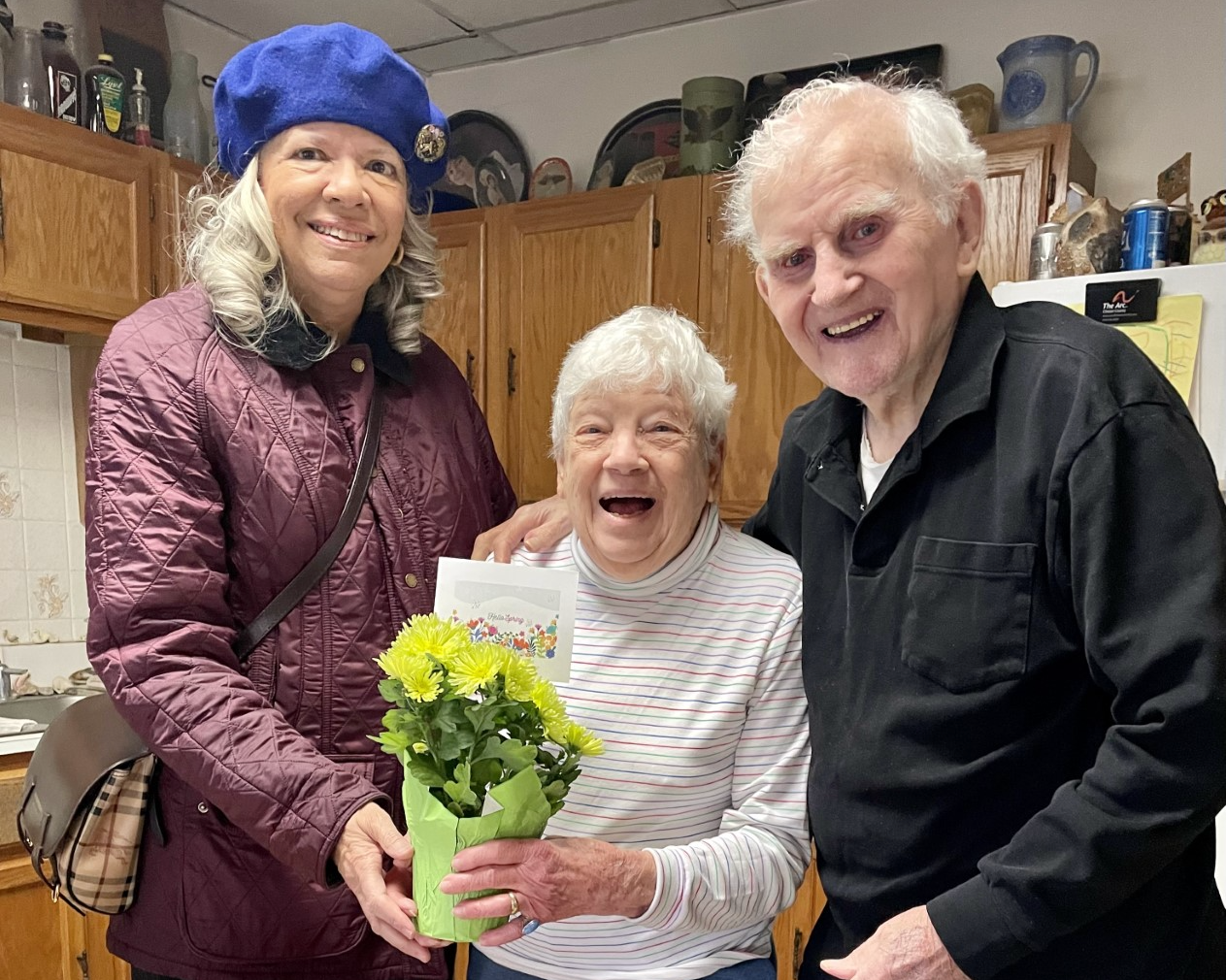
West Chester Mayor Lillian DeBaptiste with Barbara and Eugene Finegan
Faced with these challenges, we can work collectively to support our neighbors. Staying informed and sharing information with each other helps improve transparency and collective efforts. Find and follow your local food bank or pantry online and subscribe to their newsletter or follow them on social media. When we learn and talk about these challenges, we’re better able to process and solve them. You also make one-time or sustaining donations to charitable food organizations, who can optimize every dollar you give. Contacting elected officials, including U.S. State Representatives and Senators who vote on the federal budget, is another way to address issues that concern us. Finally, we can offer the invaluable gifts of our time. Volunteering at your local food agency is an incredible gift to your senior neighbors and an investment in your community.
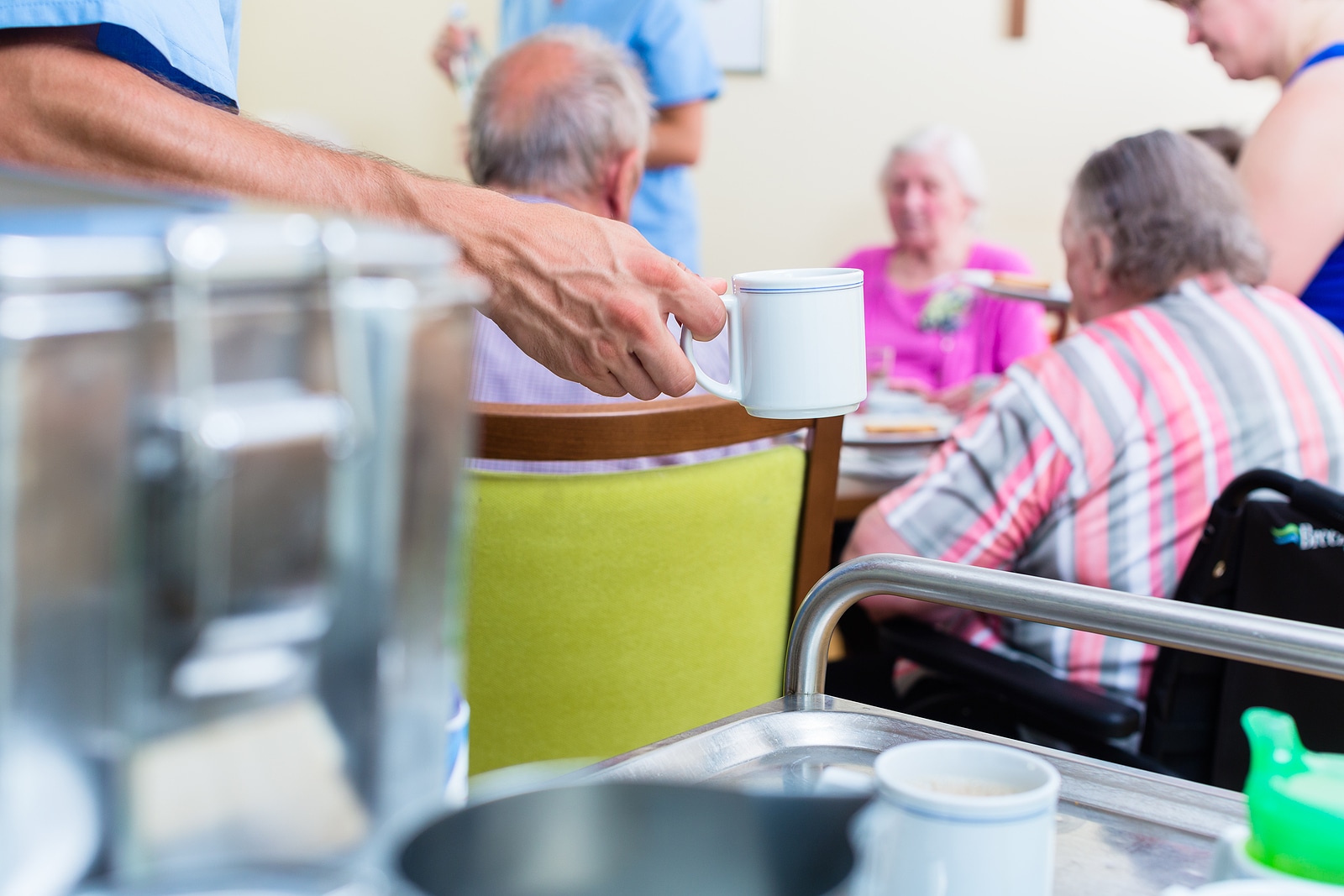
Philadelphia’s Share Food Program currently distributes senior food boxes to over 7,000 people in and around the city. This impactful hunger relief nonprofit now braces for impact. Executive Director George Matysik and the organization recently shared thoughts on the impending cuts: “Targeting hungry neighbors over 60 is reckless and needless. Spread the word, get involved, protect those who have raised and fed our communities before us.”
- Feature and last photo: Bigstock
- Other photos: Meals on Wheels of Chester County

